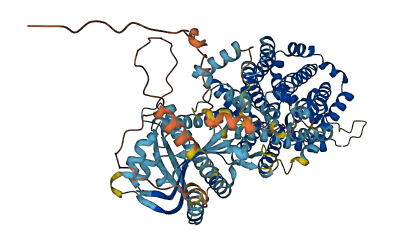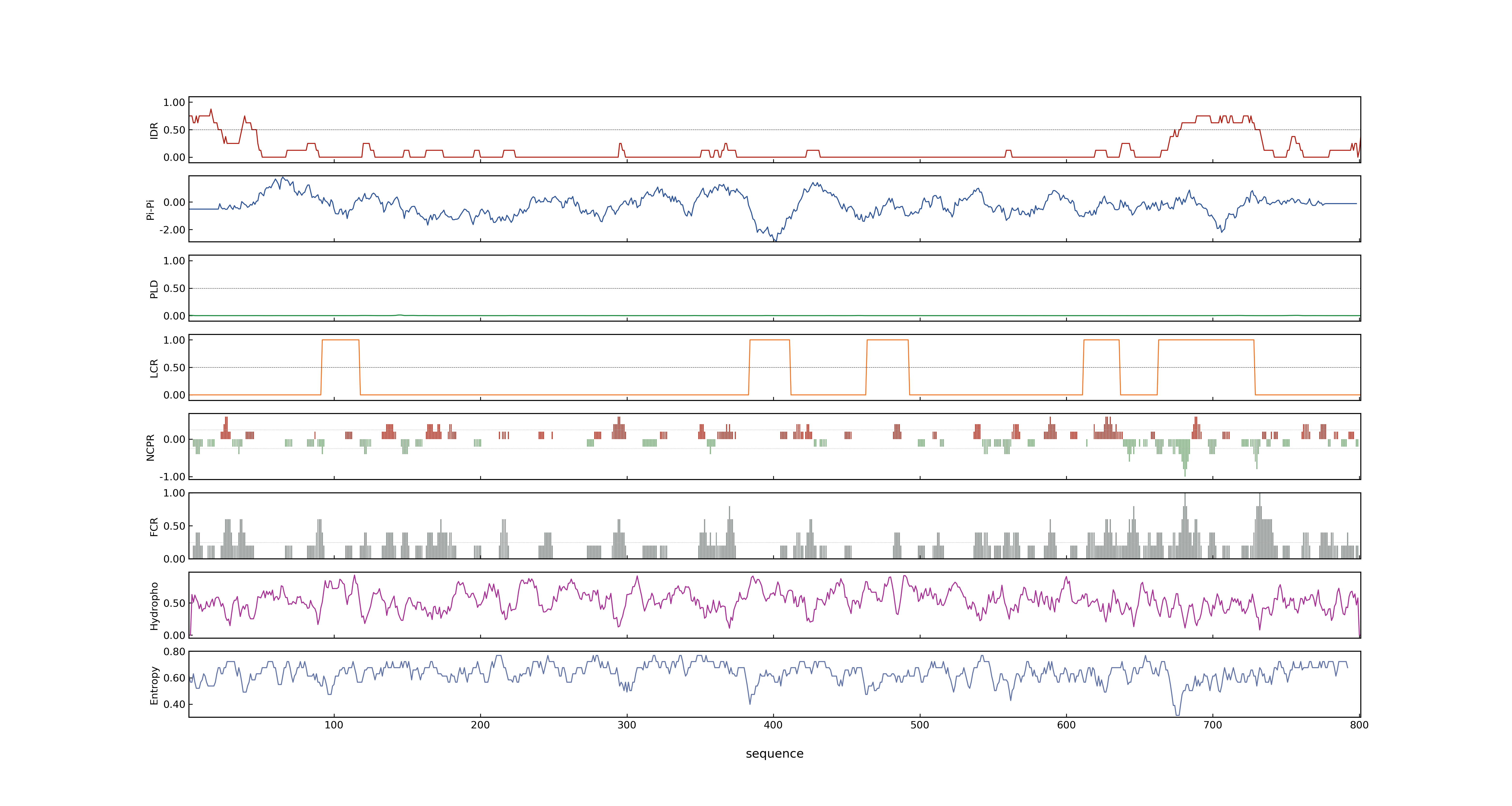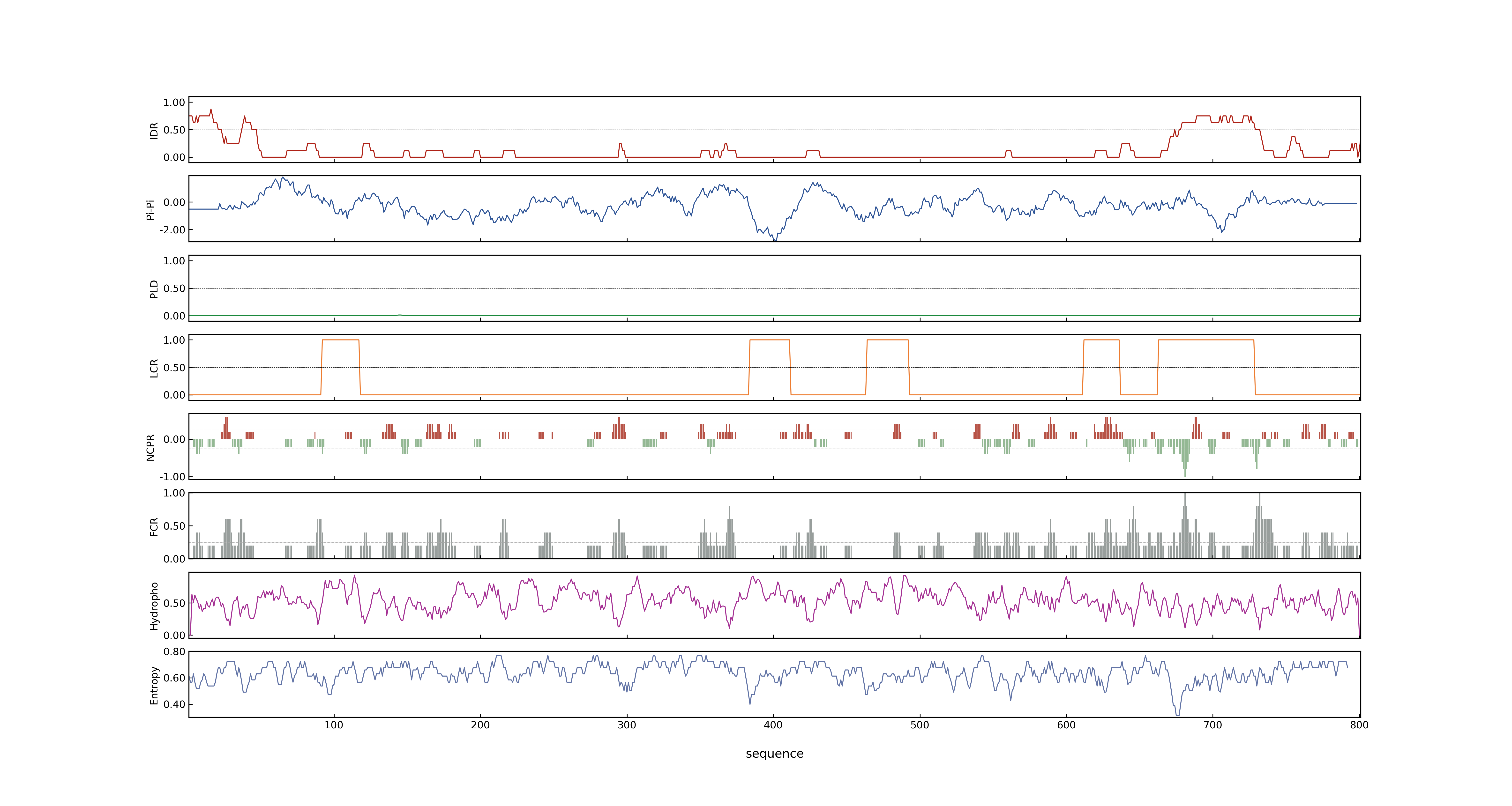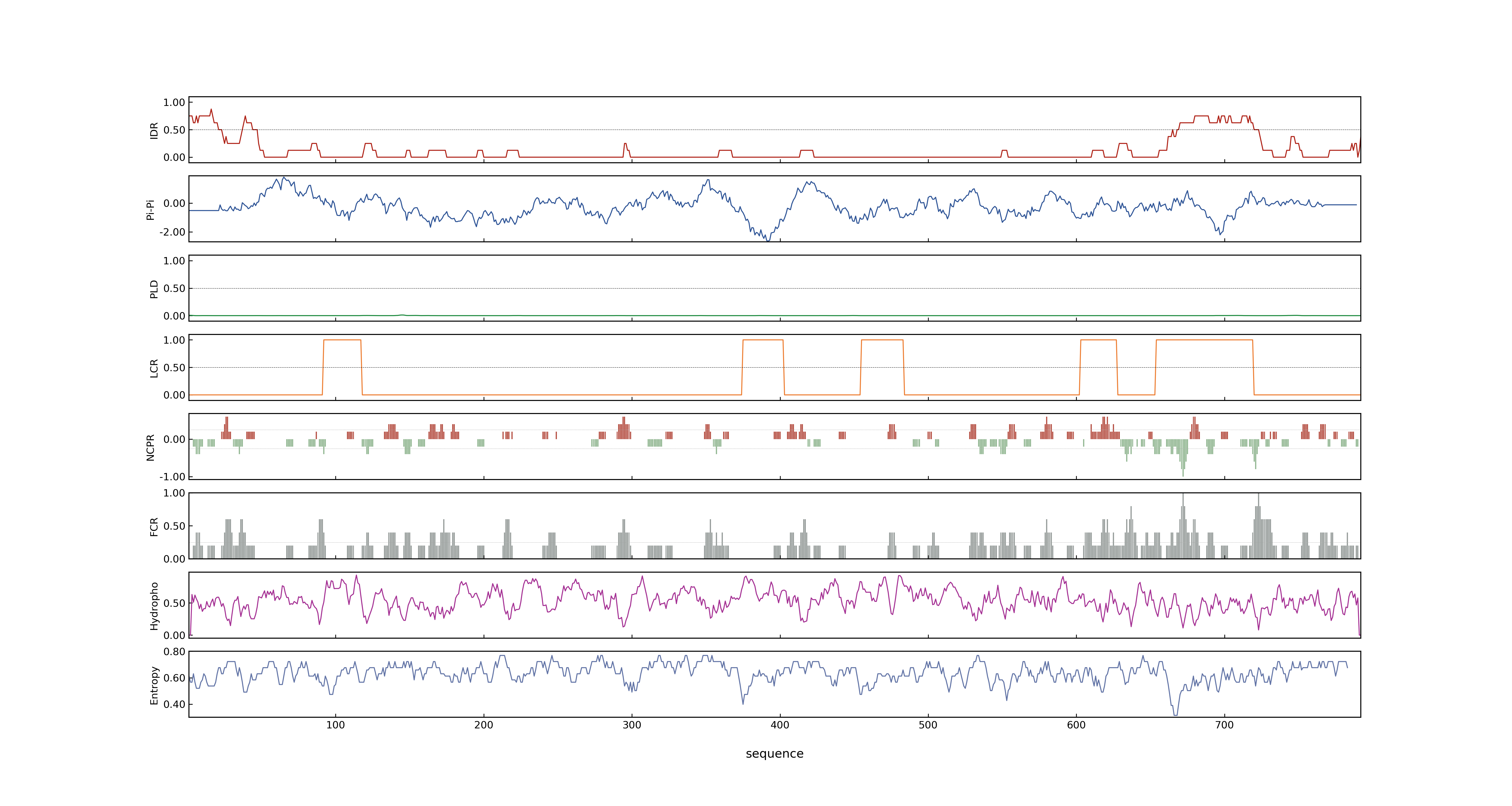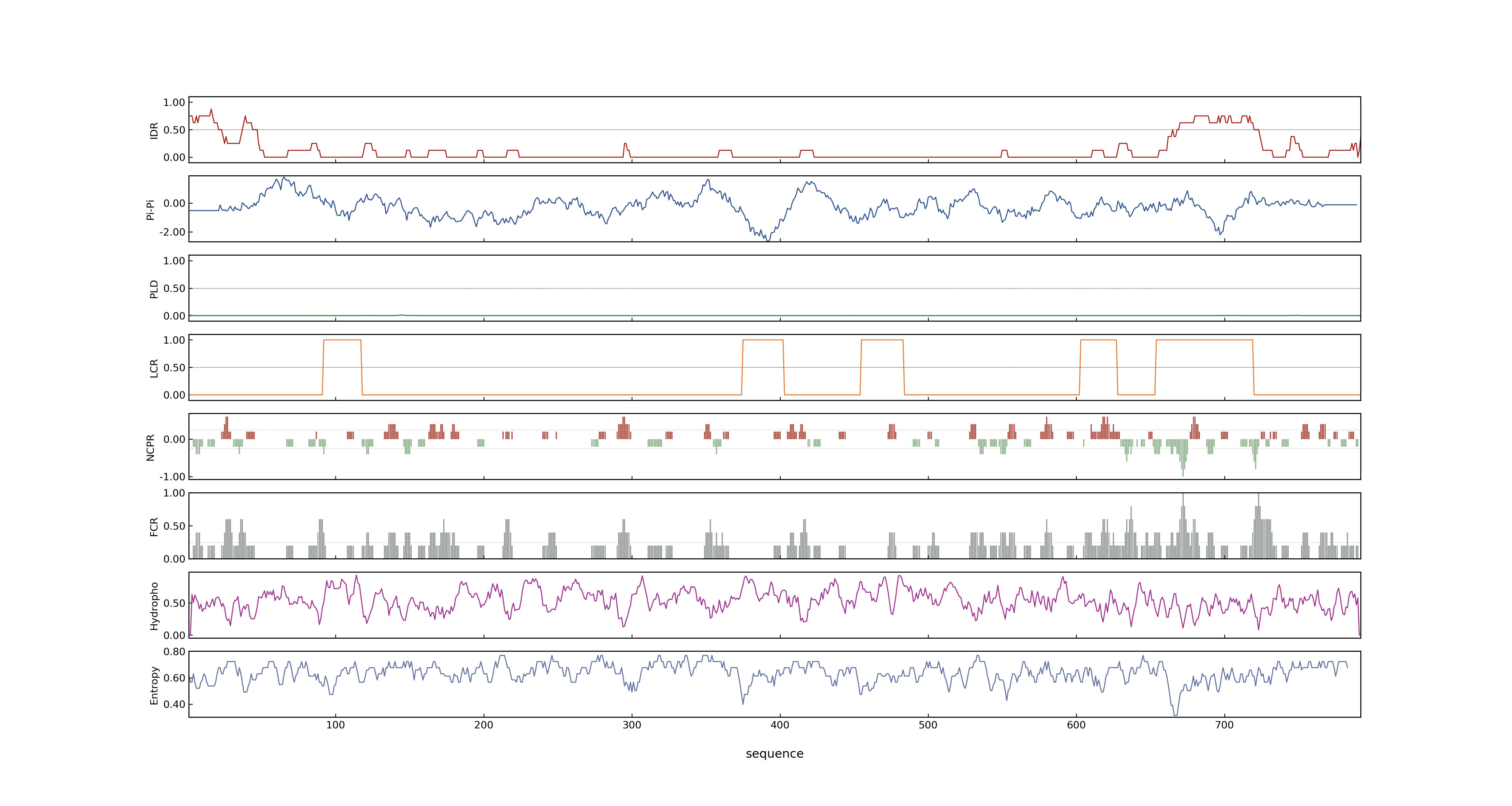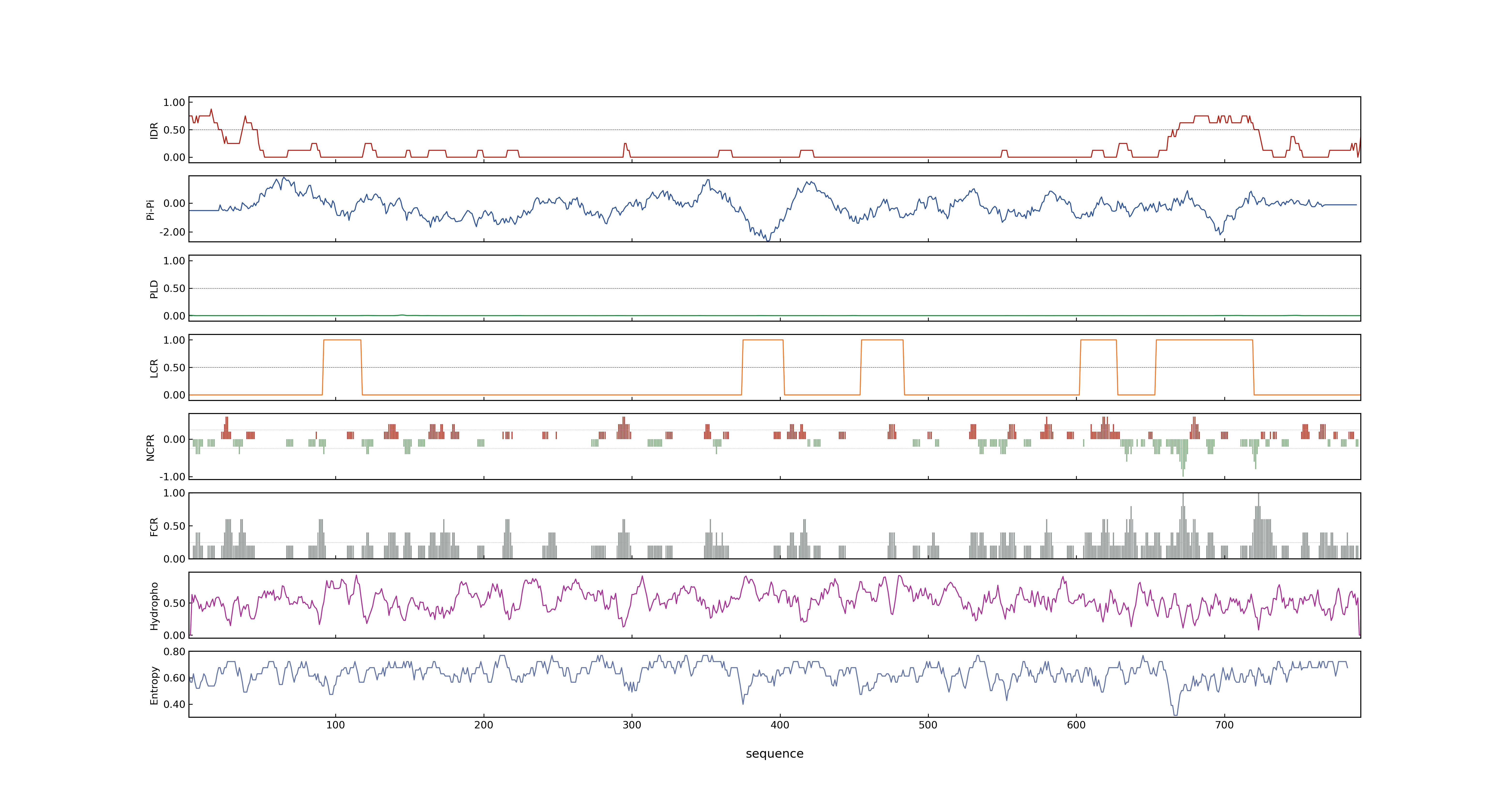- Information
- Symbol: OsHAK1
- MSU: LOC_Os04g32920
- RAPdb: Os04g0401700
- PSP score
- LOC_Os04g32920.3: 0.6253
- LOC_Os04g32920.2: 0.5958
- LOC_Os04g32920.1: 0.5958
- LOC_Os04g32920.5: 0.6253
- LOC_Os04g32920.4: 0.6253
- PLAAC score
- LOC_Os04g32920.3: 0
- LOC_Os04g32920.2: 0
- LOC_Os04g32920.1: 0
- LOC_Os04g32920.5: 0
- LOC_Os04g32920.4: 0
- pLDDT score
- 78.39
- Protein Structure from AlphaFold and UniProt
- MolPhase score
- LOC_Os04g32920.1: 0.52166074
- LOC_Os04g32920.2: 0.52166074
- LOC_Os04g32920.3: 0.64659327
- LOC_Os04g32920.4: 0.64659327
- LOC_Os04g32920.5: 0.64659327
- MolPhase Result
- Publication
- Rice potassium transporter OsHAK1 is essential for maintaining potassium mediated growth and functions in salt tolerance over low and high potassium concentration ranges., 2015, Plant Cell Environ.
- Production of low-Cs+ rice plants by inactivation of the K+ transporter OsHAK1 with the CRISPR-Cas system., 2017, Plant J.
- Cesium Uptake by Rice Roots Largely Depends Upon a Single Gene, HAK1, Which Encodes a Potassium Transporter., 2017, Plant Cell Physiol.
-
Genbank accession number
- Key message
- Expression of OsHAK1 is up-regulated by K deficiency or salt stress in various tissues, particularly in the root and shoot apical meristem, the epidermises and steles of root, and vascular bundles of shoot
- Both oshak1 knockout mutants in comparison to their respective Dongjin or Manan wild types showed dramatically reduction in K concentration and stunted root and shoot growth
- Knockout of OsHAK1 reduced the K absorption rate of unit root surface area by 50-55% and 30%, and total K uptake by 80% and 65% at 0
- The root net high affinity K uptake of oshak1 mutants was sensitive to salt stress, but not to ammonium supply
- Rice potassium transporter OsHAK1 is essential for maintaining potassium mediated growth and functions in salt tolerance over low and high potassium concentration ranges.
- The positive relationship between K concentration and shoot biomass in the mutants suggests that OsHAK1 plays an essential role in K-mediated rice growth and salt tolerance over low and high K concentration ranges
- Production of low-Cs(+) rice plants by inactivation of the K(+) transporter OsHAK1 with the CRISPR-Cas system.
- Here, we show that inactivation of the Cs(+) -permeable K(+) transporter OsHAK1 with the CRISPR-Cas system dramatically reduced Cs(+) uptake by rice plants
- Our results demonstrate that, in rice roots, potassium transport systems other than OsHAK1 make little or no contribution to cesium uptake
- Connection
Prev Next
